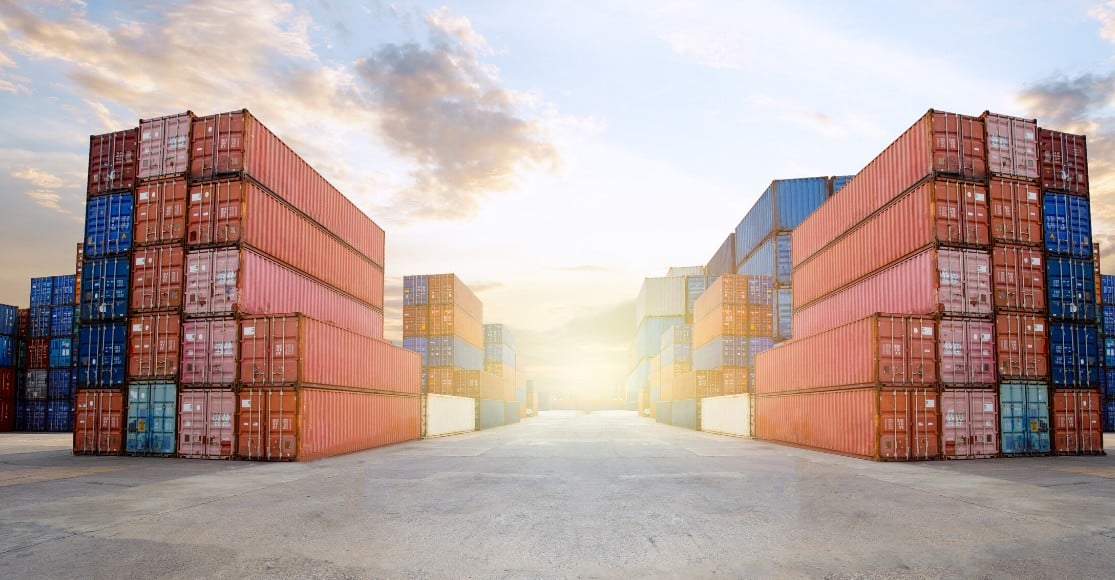Table of Contents
The global trade industry is extensive and intricate, and international shipping regulations play a pivotal role in maintaining smooth operations. These regulations aim to establish a consistent standard that ensures the safety, efficacy, and uniformity of shipping containers utilized in global trade. Each company offering shipping containers for sale must obey key international standards and regulations, and https://pelicancontainers.com/ also meet them completely.
Key International Shipping Regulations
International shipping regulations have several critical components:
- The International Organization for Standardization (ISO) establishes container dimension parameters, ensuring global uniformity of size and shape for all containers. This standardization optimizes the stacking, transportation, and handling of containers.
- Another essential regulation is the Container Safety Convention (CSC) plate. It confirms that containers have undergone inspection and adhere to requisite safety measures, making them a reliable indicator of compliance with global regulations.
- The International Maritime Organization (IMO) plays a major role in regulating shipping. As a specialized agency of the United Nations, IMO establishes guidelines for all aspects of maritime shipping, including container safety standards, cargo handling regulations, and transportation of dangerous goods.
These cargo handling regulations ensure that every container used in global trade is safe, reliable, and adheres to internationally recognized standards. They constitute the cornerstone of container trade guidelines and are a fundamental aspect of global trade compliance.
Safety and Inspection Standards
Safety and inspection standards are crucial in the world of international shipping. They serve as essential checks to ensure that every container is fit for purpose and capable of safely transporting various goods across long distances. Regulatory bodies are responsible for maintaining container safety standards, with the Container Safety Convention (CSC) playing a vital role.
The CSC plate serves as a clear and indisputable signal that the container has passed rigorous safety inspections and complies with all necessary standards. This plate is not just a piece of metal — it’s a testament to the container’s fitness for purpose and its readiness to participate in the global transportation network.
It confirms that the container has undergone a comprehensive inspection and meets the safety standards necessary for global shipping. This rigorous process examines all aspects of the container, including its structural integrity and its ability to safeguard the cargo against different environmental conditions.
Customs and Documentation
One of the most complex aspects of international shipping is managing customs and its accompanying documentation. This process entails various documents and declarations that need to be accurately prepared and presented to guarantee a smooth passage of goods through custom checkpoints.
Customs is the authority responsible for regulating the movement of goods across borders. It ensures compliance with all cargo handling regulations, as well as the collection of duties and taxes. At the heart of the customs process are several types of documentation. Each of these documents serves a specific purpose and provides necessary information about the goods being shipped. This includes detailed descriptions of the cargo, accurate classification codes, and precise values.
- One such important document is the Bill of Lading (BoL). This document serves as a contract between the shipper and the carrier, detailing the type, quantity, and destination of the goods being shipped. It also acts as a receipt, confirming that the carrier has received the goods in question and is responsible for delivering them to the specified location.
- Another crucial document is the Commercial Invoice, which presents a detailed record of the transaction between the buyer and the seller. This includes a comprehensive description of the goods, their value, and the terms of sale.
Accuracy is paramount when it comes to customs documentation. Any discrepancies or inaccuracies may result in delays, fines, or even seizure of the goods by customs authorities. Therefore, it’s essential to ensure that all paperwork is meticulously prepared and correctly filled out to avoid any potential issues.

Pelican Containers: Your Trusted Partner
Pelican Containers is a reliable container supplier which offers both new and used options that meet international regulations. With offices in the United States, India, and the Philippines, we guarantee worldwide delivery of our containers. Their range includes 20 ft, 40 ft, and 45 ft containers, high cube containers for extra storage space, and containers with side opening doors, among others.
Pelican Containers thoroughly inspects used shipping containers prior to selling, ensuring that they meet all required safety and ISO standards. We also offer damaged containers that can be reconstructed, which provides a cost-effective solution for those who are willing to invest in repairs.
Reach out to Pelican Containers at +1 305-985-4316 or via email at hello@pelicancontainers.com. Our main office is located at 1111 Kane Concourse, Suite 518, Bay Harbor Islands, Florida 33154, United States. Trust Pelican Containers, your reliable partner in container sourcing in the USA, to meet your shipping container needs.


